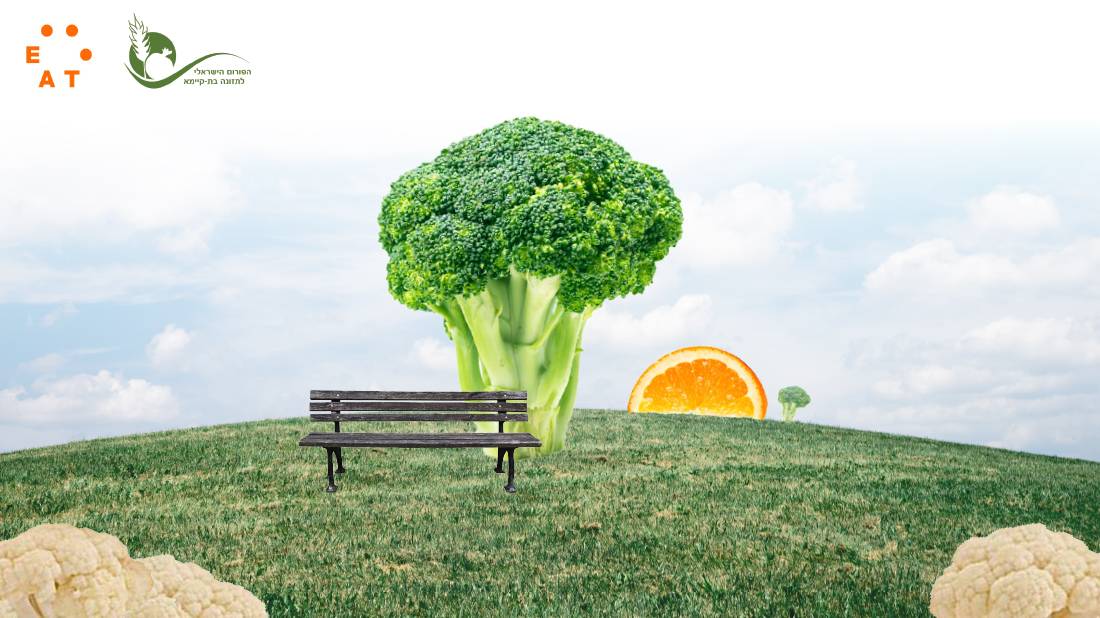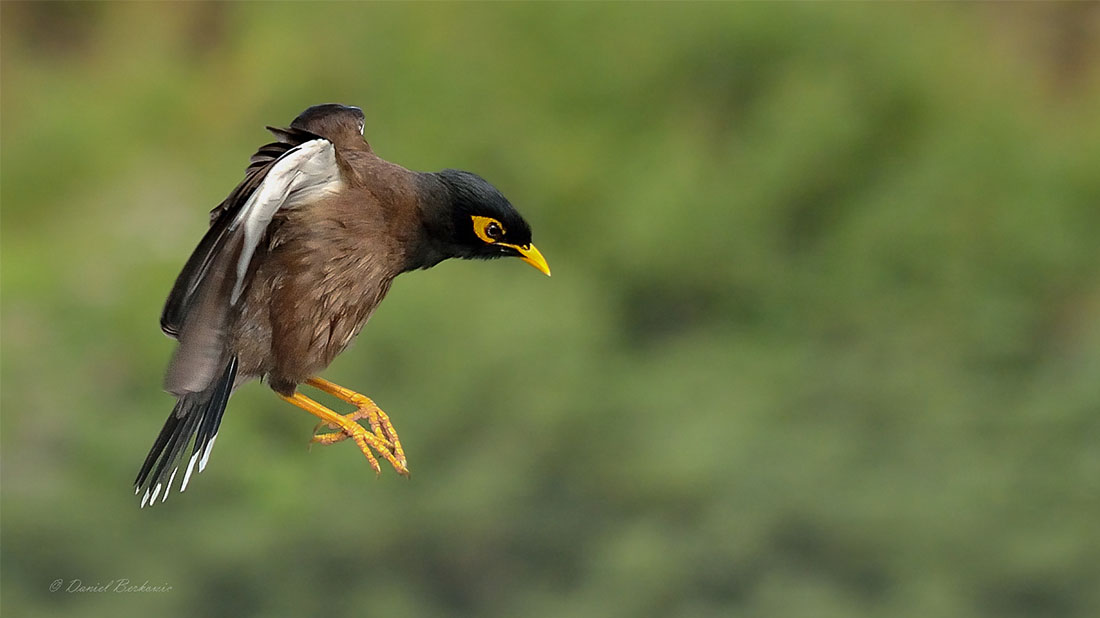The EAT-Lancet Report is the most up-to-date and comprehensive scientific review of healthy nutrition for humans from environmentally healthy food systems.
In short: the challenge facing humankind is immense – to provide the world’s growing population with healthy nutrition sourced from food systems that are sustainable and healthy for the planet. Therefore, a significant, immediate change is required in the global food system. To this end, significant nutritional changes are required: doubling global consumption of fruit, vegetables, nuts and legumes and reducing the consumption of certain types of food, such as red meat and sugar, by more than 50%.
The world’s population is growing and having a destructive impact on the earth. Today there is a broad consensus that without clear and immediate action to also change food production systems and the composition of the food we consume a significant proportion of the population will increasingly suffer from malnutrition and preventable diseases, and our children will inherit the earth after it has been severely damaged.
We must transition to healthy nutrition, since although general food consumption, in terms of calories, is keeping up with population growth, more than 820 million people still lack suitable food; many others consume low-quality food and others consume excess food. Currently, unhealthy nutrition is a greater risk factor for illness and death than the combined risk of unprotected sex and the use of alcohol, drugs and tobacco.
Likewise, food production systems around the world contribute to climate change and threaten ecosystem resilience, as well as being the greatest cause of environmental degradation and violation of the earth’s sustainability. In summary, the result is depressing.
In order to deal with the essential need for change, the EAT-Lancet committee brought together 37 leading scientists in the field, from 16 countries and from different fields of knowledge, including human health, agriculture, nutrition, political science and environmental sustainability. The aim was to define global targets for healthy nutrition and sustainable food production. This is the first attempt to define universal science-based targets for the global food system, which concern all humans as well as the earth.
The committee’s work focuses on two ‘end points’ of the global food system: final consumption (healthy nutrition) and production (sustainable food production), but it recognizes that food systems have environmental consequences along the entire supply chain, from production through processing to retail sales.
The change and transition to healthy nutrition for humans and the earth by 2050 will require significant nutritional changes. Global consumption of fruit, vegetables, nuts and legumes should be doubled, and a reduction of over 50% in the consumption of types of food such as red meat and sugar is required. Nutrition rich in plant-based foods and relatively poor in animal-based foots provides better health to humans as well as benefits to the environment.
In the report summary, the committee defined three significant steps that we must take immediately:
- 1. Change nutrition patterns. Half the volume of our food plate should comprise fruits and vegetables, while the second half of the calories on our plate should comprise mainly whole grains, plant-based protein, unsaturated vegetable oils and (optional) up to 12% animal-based protein.
- 2. Reduce by half the amount of food lost at the production stage and the amount wasted at the consumption stage.
- 3. Improve food production methods, from the field-growing stage to the food marketing stage, in order to reduce greenhouse gas emissions, reduce the extent of cultivated land, reduce the use, wastage and loss of fresh water, reduce and streamline fertilization and significantly reduce harm to biodiversity.






